A Comprehensive Guide to Vacuum Forming Machines
Vacuum forming is a popular plastic forming technique used in various industries, including packaging, automotive, electronics, and signage. It involves heating a thermoplastic sheet and stretching it over a mold using vacuum pressure, resulting in a precise and customizable shape. Vacuum forming machines are the key equipment used in this process. In this comprehensive guide, we will delve into the details of vacuum forming machines, their components, working principles, applications, and factors to consider when choosing the right machine for your needs.
Components of a Vacuum Forming Machine
A typical vacuum forming machine consists of several essential components, including:
Heating System: This component heats the thermoplastic sheet to its softening point, making it pliable for forming.
Clamp Frame: It holds the thermoplastic sheet securely in place during the forming process.
Molding Surface: The mold, which can be made of aluminum, wood, or other materials, provides the desired shape to the formed plastic.
Vacuum System: The vacuum system creates suction, pulling the heated plastic tightly against the mold to form the desired shape.
Cooling System: After forming, the cooling system rapidly cools down the plastic, solidifying it in the desired shape.
Control Panel: The control panel allows operators to adjust and monitor various parameters such as heating temperature, cooling time, and vacuum pressure.
Working Principles of Vacuum Forming Machines
The working principle of a vacuum forming machine involves several steps:
Heating: The thermoplastic sheet is loaded onto the machine, and the heating elements raise the temperature to the desired level, making the sheet pliable.
Forming: Once the sheet reaches the optimal temperature, it is brought down over the mold, and the vacuum is activated. The atmospheric pressure pushes the plastic tightly against the mold, taking its shape.
Cooling: After the desired shape is achieved, the cooling system rapidly cools down the plastic, solidifying it in the formed shape.
Additional reading:
Revolutionizing Metal Finishing: Acid Zinc Plating Machine – A Game Changer?
Top Trends in Auto Carton Sealing Machines
SMT AGV Equipment: Revolutionizing Manufacturing Processes
Power and Performance: Exploring the Functions and Benefits of Diesel Forklifts
What Is a Butterfly Valve Vs a Globe Valve?
Exploring the Advantages of GFS Tanks with FRP Roof in Industrial Storage
Unlocking Efficiency and Precision with Handheld Fiber Laser Welding MachinesExtraction: The formed plastic is extracted from the mold, and the cycle is ready for the next forming operation.
Applications of Vacuum Forming Machines
Vacuum forming machines are widely used in various industries for producing a range of products, including:
Packaging: Vacuum-formed trays, clamshells, and blister packs are commonly used for packaging items such as electronics, food, and consumer goods.
Automotive: Interior parts, such as door panels and dashboards, as well as exterior components like bumpers and grilles, can be produced using vacuum forming machines.
Signage: Vacuum forming is an efficient method for creating three-dimensional signs, letters, and displays.
Prototyping: Vacuum forming machines are often used in the prototyping phase of product development to quickly produce low-volume samples and test designs.
Choosing the Right Vacuum Forming Machine
When selecting a vacuum forming machine for your specific needs, consider the following factors:
Size and Capacity: Determine the size and volume of the parts you intend to produce to ensure that the machine can accommodate your requirements.
Material Compatibility: Different vacuum forming machines are suitable for specific thermoplastics, so ensure that the machine is compatible with the materials you plan to use.
Automation and Control: Consider the level of automation and control features provided by the machine, such as programmable settings, digital displays, and ease of operation.
Heating and Cooling Efficiency: Look for machines with efficient heating and cooling systems to ensure consistent and high-quality forming results.
Maintenance and Support: Assess the availability of spare parts, technical support, and the reputation of the manufacturer or supplier for after-sales service.
Electric Wheel Loader Applications
The Laser Cutter Revolution: Transforming Design and Manufacturing
Components of a Lithium Battery Module Assembly Line
The Advancements in PV Solar Panel Production Line: A Comprehensive Overview
Applications of Ribbon Mixers
The Development Direction of Heat Treatment
Portable Ultrasound Machine Reviews and Recommendations
Previous: Unlocking Efficiency and Precision with Handheld Fiber Laser Welding Machines
Next: Exploring the Advantages of GFS Tanks with FRP Roof in Industrial Storage
Related Articles
If you are interested in sending in a Guest Blogger Submission,welcome to write for us!





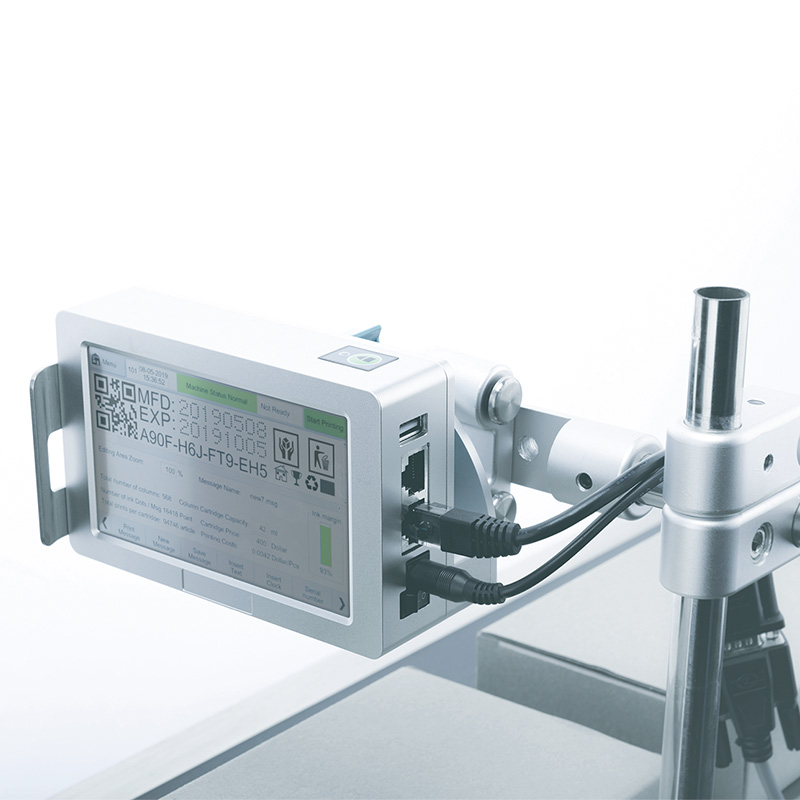
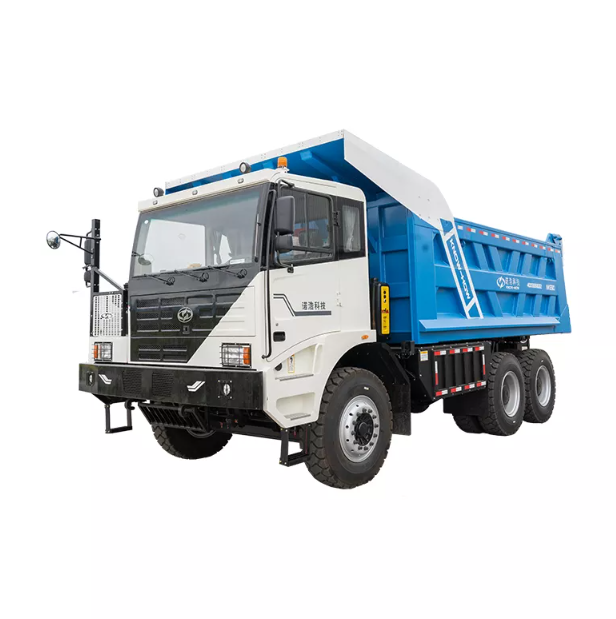
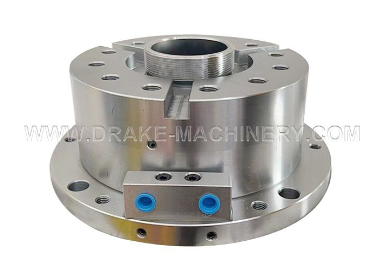
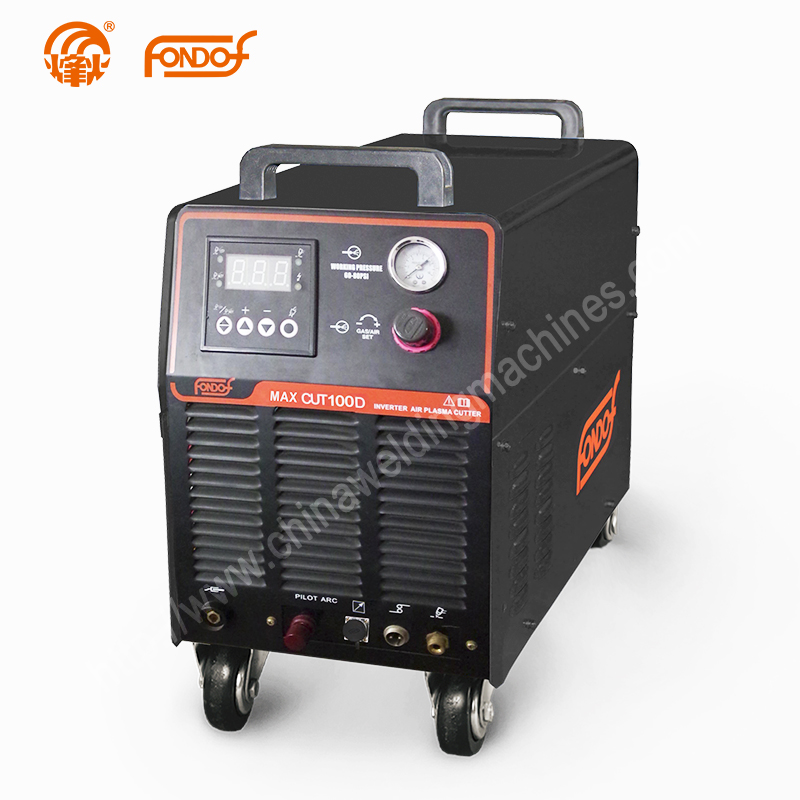

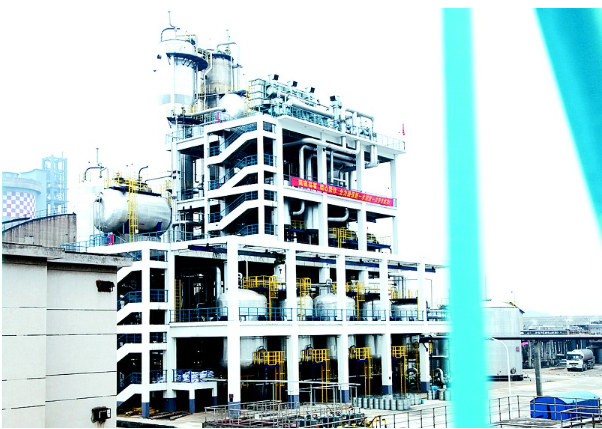
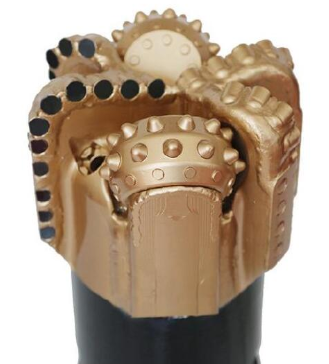
Comments
0